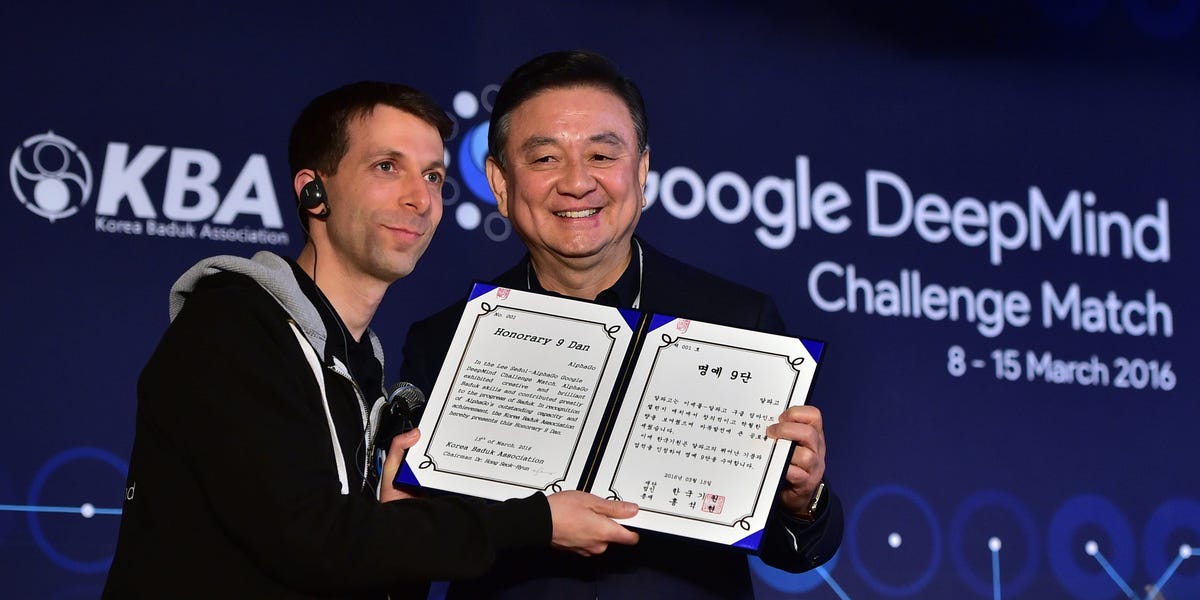Google’s Innovative AI Approach May Challenge OpenAI’s Leadership

Exploring the Era of Experience in AI Research
Artificial Intelligence (AI) research is witnessing an explosion of activity, making it increasingly challenging for new papers to make a significant impact. However, one recent publication has generated considerable buzz in the tech community and has been called “the most inspiring thing" regarding AI in the last two years by notable figures in the industry.
Introduction to the Paper
Recently, a research paper titled "The Era of Experience" has drawn attention after being highlighted by influential tech personalities like Suhail Doshi and Jack Clark. The authors, David Silver from Google and Rich Sutton, a Canadian computer scientist, claim that we are transitioning into a new phase of AI development. This paper suggests a paradigm shift that aims to redefine how AI can learn and grow.
Historical Context of AI Development
The Simulation Era
The authors of the paper categorize AI development into two previous eras. The first is termed the "Simulation Era," which occurred around the mid-2010s. During this time, AI systems learned through digital simulations. This method involved AI models repeatedly playing games like chess and poker to learn effective strategies through reinforcement learning (RL). The success of Google’s AlphaGo, which beat human champions in the game of Go, highlights the effectiveness of this training technique. However, despite achieving success in specific tasks, these systems struggled with more ambiguous, open-ended challenges.
The Human Data Era
Following the Simulation Era, we entered what is called the "Human Data Era," ignited by the 2017 paper "Attention is All You Need." In this phase, AI models have been trained on vast amounts of human-generated content available online. This method has produced highly sophisticated models like ChatGPT, which can perform various tasks such as content creation, graphic design, and even coding. The focus here has been on acquiring high-quality data to refine AI capabilities.
Entering the Era of Experience
The authors posit that the field is now transitioning into what they call the "Era of Experience." They argue for a substantial shift in AI paradigms, advocating for models and agents to generate their own data through real-world interactions. This approach aims to overcome the challenges presented by the limitations of human-centered data and tackle the ongoing issue of data scarcity.
The Benefits of Experience-Based Learning
By empowering AI systems to interact with their environments, the authors believe we could unlock new potentials for artificial general intelligence (AGI). They argue that experiential data will eventually surpass the scale and quality of human-generated data, leading to advances that may far exceed human knowledge.
For example, AI systems could gather real-time data to aid in personal health management or educational support. A health assistant could monitor physical metrics like heart rate or sleep patterns to provide more tailored advice, while an educational AI could use test results as incentives for language learning, all based on real-world observations.
Critiques and Concerns
While the proposed era of experience offers promising opportunities, some experts have expressed concerns over Google’s previous losses in the AI race, particularly to OpenAI’s advancements with systems like ChatGPT. Critics argue that the shift towards human data diminished AI’s innate exploration capabilities, limiting their ability to discover knowledge independently.
Silver and Sutton suggest that AI agents, without grounding in their own experiences, tend to mirror human knowledge rather than innovate further. By encouraging AI to engage with the physical world, the authors believe we can channel the rich learning experiences needed for future AI development.
Implications and Future Directions
The Era of Experience presents a bold vision for the future of AI. Should this approach gain traction, it may redefine the scope of AI applications, paving the way for systems that are not only functional but also capable of independent growth and learning. The exploration of this new model could ultimately reshape how we interact with technology, opening doors to capabilities we have yet to imagine.





